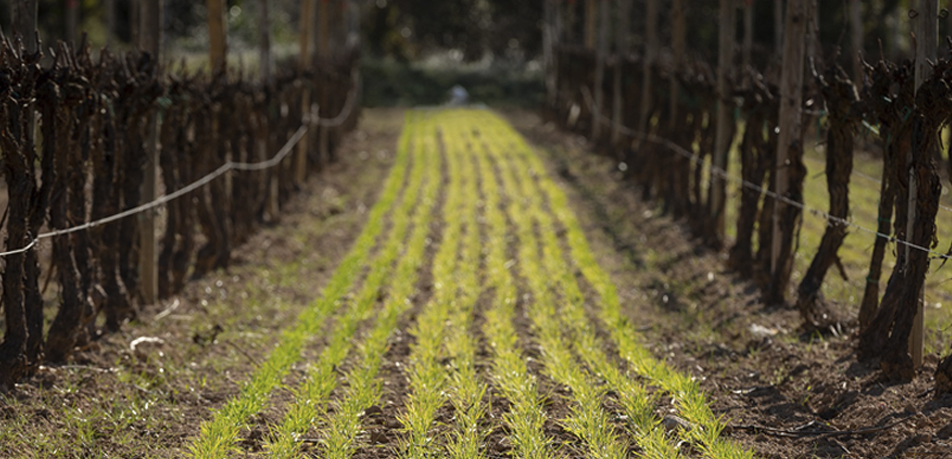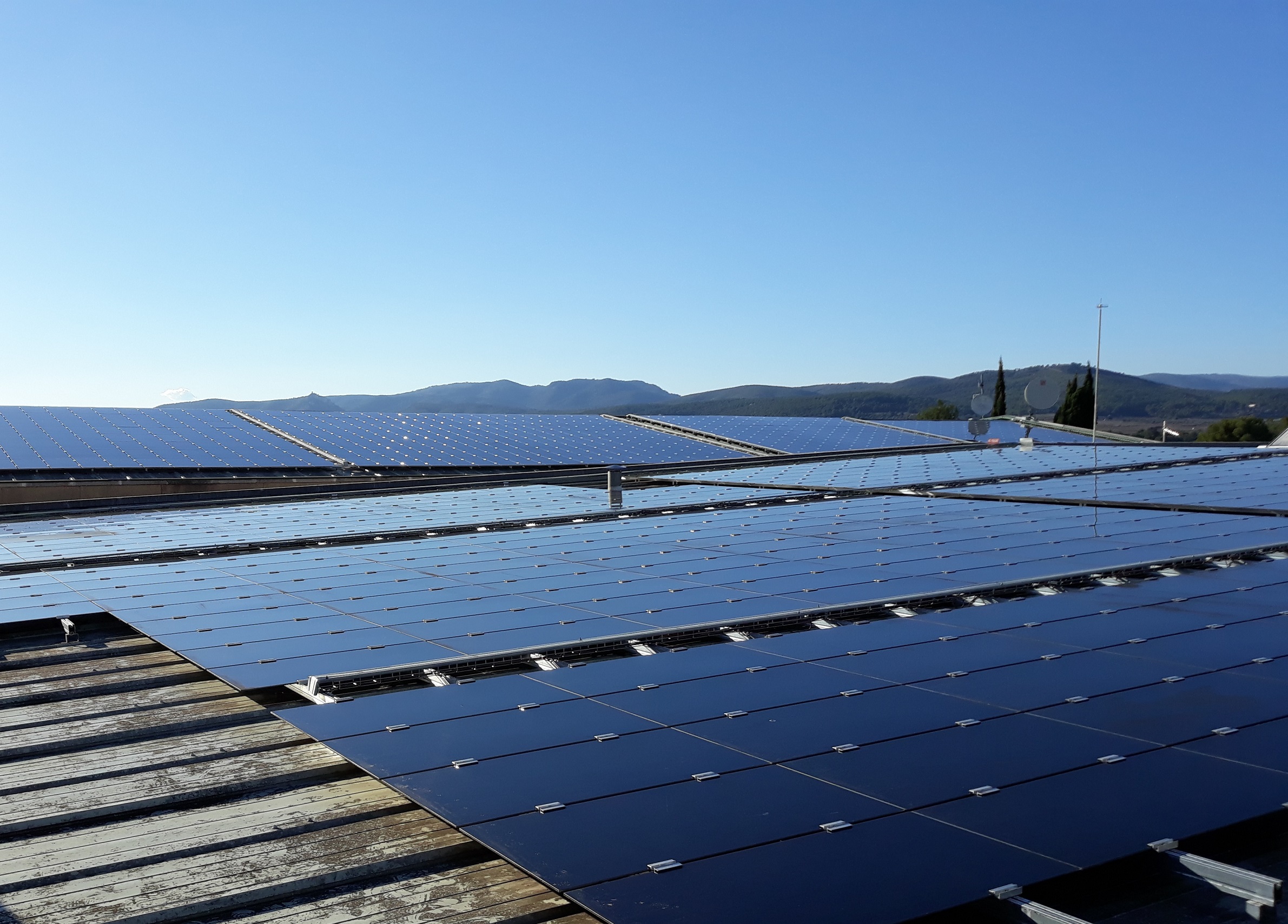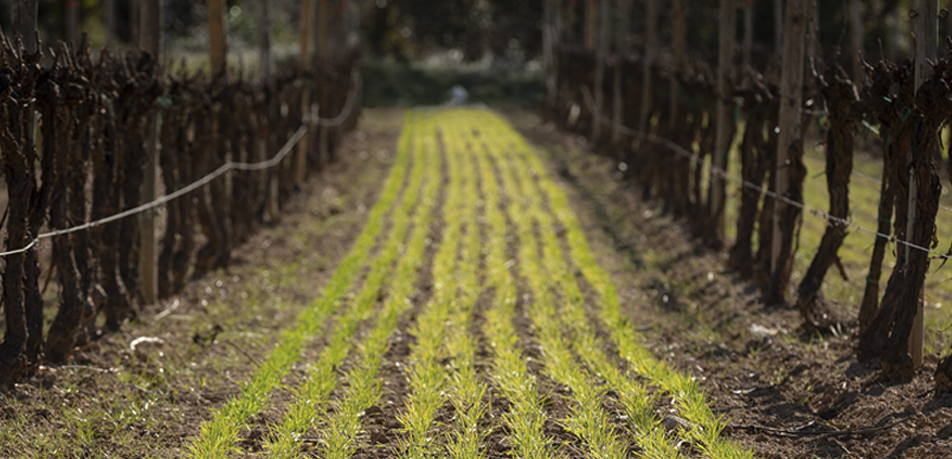Reasons for Climate Change Optimism

Scientists who are studying the evolution of the climate crisis are issuing reports indicating that we could be heading towards the worst-case scenarios, but the international response finally seems equal to the task.
In this new political panorama, and under the indisputable leadership of the European Union and its Green Deal, the US and China have announced that they are resuming their environmental policies to reach a carbon neutral economy before 2050 (ten years later in China's case). Let's take a moment to remember that these three powers combined produce more than half of all global carbon emissions.
As far as Spain is concerned, early last year, the country declared a climate emergency, and now its parliament is about to pass a climate change and energy transition law. According to the new legislation, Spain should reach climate neutrality no later than 2050.

Photovoltaic array at a Familia Torres estate
Achieving this goal means that by 2030 the emissions of the entire Spanish economy need to be cut by at least 20% compared to 1990 levels. For that to happen, renewable sources will have to provide 35% of energy by then, with the longer-term target of having clean energy cover 100% of all energy consumption before 2050.
While governments are finally addressing climate action with greater urgency, the efforts of companies are even greater. The production sector is undergoing what can only be called a sustainable revolution. Environmental protection and emissions reduction have become competitive factors in light of consumers who are increasingly aware of the climate crisis and the need to care for our planet.
Big companies are reviewing their production processes to identify areas where corrective measures may help reduce their carbon footprint and mitigate global warming.
An excellent example of this is the carbon farming project which the Jean Leon winery, part of Familia Torres, is implementing in collaboration with CREAF (the centre for environmental research and forestry applications) to evaluate the ability of vineyards to absorb CO2 and capture it in the soil. This would help reduce CO2 levels in the atmosphere.

In addition, it is important to note the growing environmental awareness within society, amply demonstrated by every opinion poll published in recent months.
This includes the massive survey undertaken by the UN and Oxford University in late 2020 (in the midst of the pandemic) which polled 1.2 million people and showed that for 68% of respondents the biggest concern for the future is climate change.
